
2013 should be a reasonably good year for travel—as long as the economy doesn’t tank. And, overall, real changes come rather slowly: 2013 will resemble 2012 in many aspects. But you will see some shifts that will affect what you buy and the way you buy it.
Not surprisingly, you can expect more challenging developments from airlines than from other important travel providers. Typically, airlines—consumers’ primary concern when it comes to finding the best deals—are at the leading edge of changes, and in 2013, they will keep trying to figure out ways to start making money again.
Image Gallery

Pricing: Airfares, Rates, and Fees Up
Unless the price of oil drops far below what anyone thinks it will, you can expect to pay a bit more—but not a lot more—for air travel in 2013. Cruise lines, hotels, and rental-car companies will also feel ongoing upward pressure on their prices. Rates were up a bit in 2012, and there is little chance of overall reductions in the new year.
Because looking good in side-by-side price comparisons is so very important, most mass-market travel suppliers will pare as much out of their base prices as possible and convert "used to be included" features and services into "optional extras for a fee."

Pricing: Airfares, Rates, and Fees Up
Unless the price of oil drops far below what anyone thinks it will, you can expect to pay a bit more—but not a lot more—for air travel in 2013. Cruise lines, hotels, and rental-car companies will also feel ongoing upward pressure on their prices. Rates were up a bit in 2012, and there is little chance of overall reductions in the new year.
Because looking good in side-by-side price comparisons is so very important, most mass-market travel suppliers will pare as much out of their base prices as possible and convert "used to be included" features and services into "optional extras for a fee."

Best Savings: Short-Term Deals, Opaque Websites, Flash Sales
The best airfare and rail deals will remain available through short-term "sales" that give you only a few days to buy but several months to travel. The only way to keep on top of these deals is to sign up for various services that notify you as soon as they're announced—such as SmarterTravel's Deal Alert.
Hotels, too, will offer some good prices through short-window sales and promotions. But you'll find the best prices through specialized channels. Day in and day out, the opaque buying agencies such as Hotwire and Priceline will continue to provide the absolutely lowest hotel (and rental car) prices—as long as you aren't set on any given hotel. But take note of the fine print: If it isn't promised, you can't expect it.
Flash-sale outlets such as Jetsetter and SniqueAway, one of SmarterTravel's sister sites, will continue to offer some great hotel deals, but they're useful mainly when you're looking for a spur-of-the-moment trip to whatever destination looks good at the time.
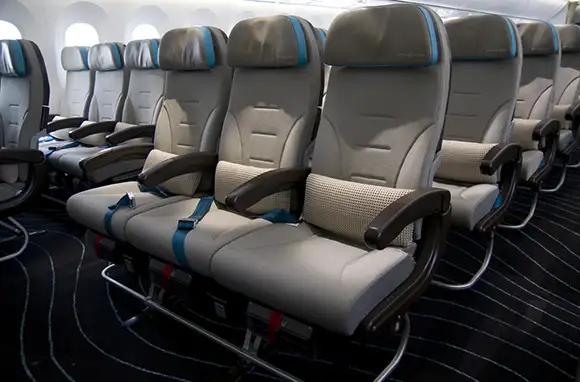
Airlines: No Good News in Economy Class
Conditions in the back of the plane will keep getting worse, not better, in 2013. Many airlines are either ordering new 777s with ultra-tight 10-across seats or converting present nine-across planes to the tighter arrangement. Ditto for new 787s, with many lines opting for equally cramped nine-across seats rather than the preferred eight-across. With each "upgrade," you can expect to lose an inch or so of legroom, too.
Along with tighter seating, airlines will try to think of still more "features" they can sell for a fee rather than give you as part of the base price. At the moment, it's hard to think of anything they haven't already classified as a fee, but someone will think of something.
Airlines will also keep trying to offset lousy comfort standards in economy with ever more elaborate in-flight entertainment systems.
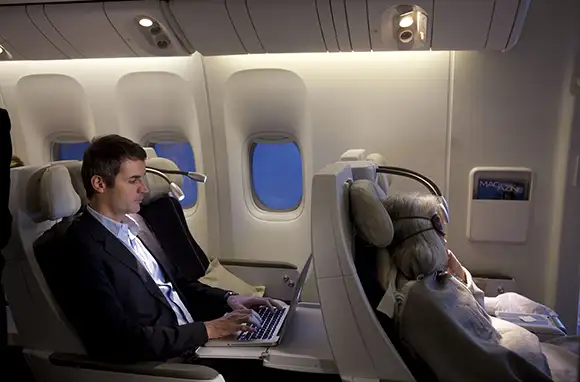
Airlines: Still Two Approaches to Premium Economy
Apparently, the airlines' approach to improved economy (for extra money) looks like it will remain the same.
Most airlines based in North America are sticking with semi-premium economy: a few inches more legroom but in the same narrow seats, for a relatively low additional fee. Air Canada just announced it was taking this approach, and Alaska Airlines, Hawaiian Airlines, and US Airways have to be thinking hard about following.
Most airlines based in Asia, Europe, and the Pacific, on the other hand, have opted instead for true premium economy: more legroom than even semi-premium economy, wider seats, and enhanced cabin service, for a lot more money. Lufthansa is the latest to announce that sort of product, and the other big players have to be considering it as well.

Airlines: Devalued Frequent-Flyer Benefits
The big airlines will most likely try to sneak through a few devaluations of their frequent-flyer programs, at least for leisure travelers who pay bottom fares and have little brand loyalty. Some will follow Delta's lead in cutting the amount of credit earned on the lowest fares. Others will add new fees to supposedly "free" award trips—waived, of course, for elite-level members.
You may also see some upward revision in the miles required for each award trip. Also, seat availability will remain a major barrier, especially on popular routes and in premium cabins—again, with better deals available to elite members.
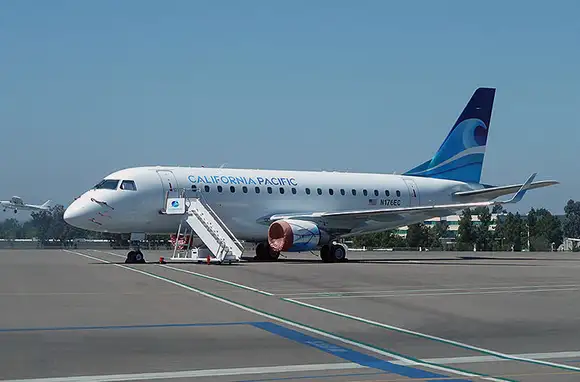
Airlines: New Start-Ups
Despite terrible odds, someone always wants to start a new airline, and you'll probably see at least one or two new ones get into the air in 2013. How long they'll stay there, however, is another matter.
The most likely prospect is California Pacific Airlines, with a modest plan: Fly small Embraer 170s from a currently-unserved base in coastal Carlsbad, California, north of San Diego, to Cabo San Lucas, Las Vegas, Oakland, Phoenix, Sacramento, and San Jose.
Less likely is the resurrection of People Express Airlines, with regional service from an unlikely hub in Newport News, Virginia. It may get started, but survival doesn't look promising.
Two lines—Avatar Airlines and LV Air—propose to fly to Las Vegas from a handful of big cities around the country in 747s and 767s. Both are still iffy and not likely to get past the "coming soon" stage.
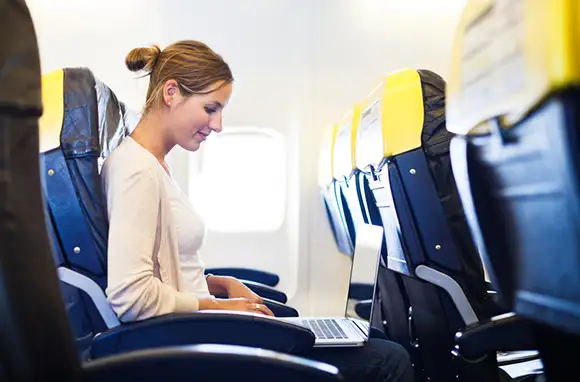
Airlines: More Electronic Devices
It's almost sure that the Federal Aviation Administration (FAA) will lift limits on when you can use most electronic gizmos you carry these days—laptops, tablets, and such. The mavens are in a review process to determine whether use of these devices impairs a plane's navigation and communications systems. Hopefully, you won't have to wait until you reach cruising altitude to break out the gear. Cell phones, however, remain a different matter.
Meanwhile, you can expect near 100 percent Wi-Fi availability on American Airlines, Delta, and United, as well as on many smaller lines.
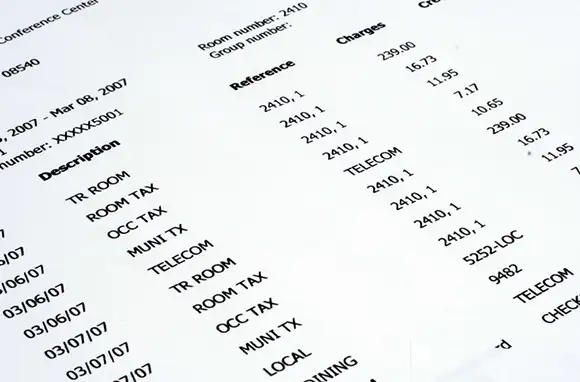
Hotels: Mandatory Fees and Disclosures
The Federal Trade Commission (FTC)'s crackdown on mandatory hotel fees was one of 2012's biggest consumer stories. The big question for 2013 is whether hotels will comply or resist. As of mid-December, we've seen almost no response from the industry and hardly any hotels are fully compliant yet. More mystifying is that, so far, no major chain or industry organization has made any sort of public response. The American Hotel & Lodging Association (AHLA) punted, saying that compliance is up to individual hotels. The silence is deafening.
The U.K.'s Advertising Standards Authority (ASA)—roughly parallel to the FTC—has taken a similar approach to disclosure of VAT (value-added tax). Most European countries impose hefty VAT on hotel rates, along with almost everything else, and rules require that VAT be bundled into most retail prices. We'll be watching the FTC and ASA initiatives with great interest.
Don't be surprised if hotels respond by separating out more of the services you expect into optional extras—for a fee.

Cruise Lines: More Unbundling
Mass-market cruise lines will almost surely follow the airlines in unbundling services that were formerly included in base fares. The compulsion to show the lowest "base rate" is simply too great to ignore, and the price-competitive lines will charge for more premium meals, entertainment, and other services. Look for more "extra cost" items on the menus of regular dining rooms, more pay-for snacks, more cover charges for entertainment, and a laundry list of other special charges. The "pay once for everything" era is coming to an end.
Upscale lines need not follow this trend. They are not worried about looking less expensive than Carnival or Princess and will stick to the one-price business model. But that price will be much higher than that of the mass-market lines.
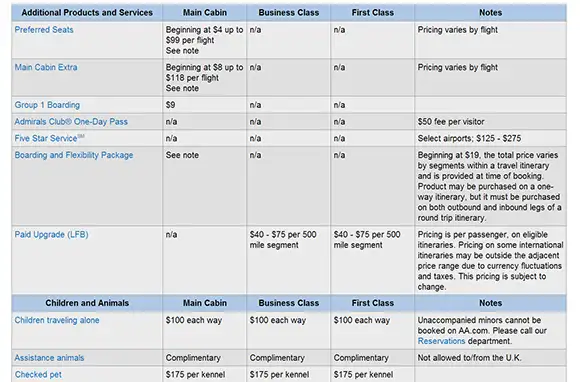
Purchasing: The Fight Over Price Displays
Travel suppliers will try to lure you away from the online travel agencies (OTAs) and to their own websites, with airlines leading the charge.
American's new-look website illustrates what all the airlines want to do: It shows the lowest base-fare options, then leads you through a series of "upsell" options. Frontier Airlines is more direct: If you buy through an online travel agency rather than its own site, you get fewer frequent-flyer miles for your trip, pay higher fees, can't see some optional fares, and have to wait until departure for a seat assignment.
OTAs and business travelers are fighting back; the DOT is still ruminating over demands that airlines provide more fee options through OTAs, with a decision expected in the spring.

Purchasing: The Fight Over Plastic
Some suppliers will try to wean you away from using your credit card—on which they pay a fee of up to 4 percent or so—in favor of low-fee or no-fee debit cards or other channels such as PayPal. You can expect to see lots of fees for credit-card use or "cash discounts" offered if you use other payment systems. Allegiant is already doing it.
Other suppliers, especially airlines and hotel chains with big frequent-flyer and frequent-guest programs, want you to keep using credit cards—which they sell to banks at fat profits—that earn miles or points.
As consumers, your interests are conflicted. Sure, you like lower prices, but you also like credit cards, not only for the miles or points you get but also for the protections and extras that credit cards provide and other types of plastic do not.

Destinations: You Might Lose A Few More
Already, economic and social pressures have made travel to some favorite destinations iffy: So far, unrest in Greece and Egypt has put a big damper on tourism, and conditions are likely to get worse rather than better in those countries. You could also see unrest in Jordan, Portugal, Spain, Turkey, and southern Thailand, to name just a few.
On the other hand, if you're willing to face a certain amount of uncertainty, you can expect some really great deals in countries suffering a tourism slump.

Rails: Improvements Almost Everywhere
The biggest growth in high-speed rail will remain in China, which already has the world's largest high-speed network.
Europe will add only a few important links in 2013, with the really big growth slated for future years. It continues to beef up its conventional rail infrastructure, with dozens of expansions in urban transit systems.
Amtrak isn't planning anything big, and political problems may actually force it to drop trains. Improvements, if any, will be incremental speed increases in the Midwest that will cut minutes, not hours, off some short-haul routes.
You Might Also Like:
We hand-pick everything we recommend and select items through testing and reviews. Some products are sent to us free of charge with no incentive to offer a favorable review. We offer our unbiased opinions and do not accept compensation to review products. All items are in stock and prices are accurate at the time of publication. If you buy something through our links, we may earn a commission.
Top Fares From Chicago, IL
Today's Top Travel Deals
Brought to you by ShermansTravel
Shop and Save with Country Inns...
Patricia Magaña
 Hotel & Lodging Deals
Hotel & Lodging Deals
$229 -- Chicago: Discounted Rates and...
Francesca Miele
 Hotel & Lodging Deals
$229+
Hotel & Lodging Deals
$229+
$188 -- Honolulu: Save on Oceanview...
Abigail Lamay
 Hotel & Lodging Deals
$188+
Hotel & Lodging Deals
$188+



